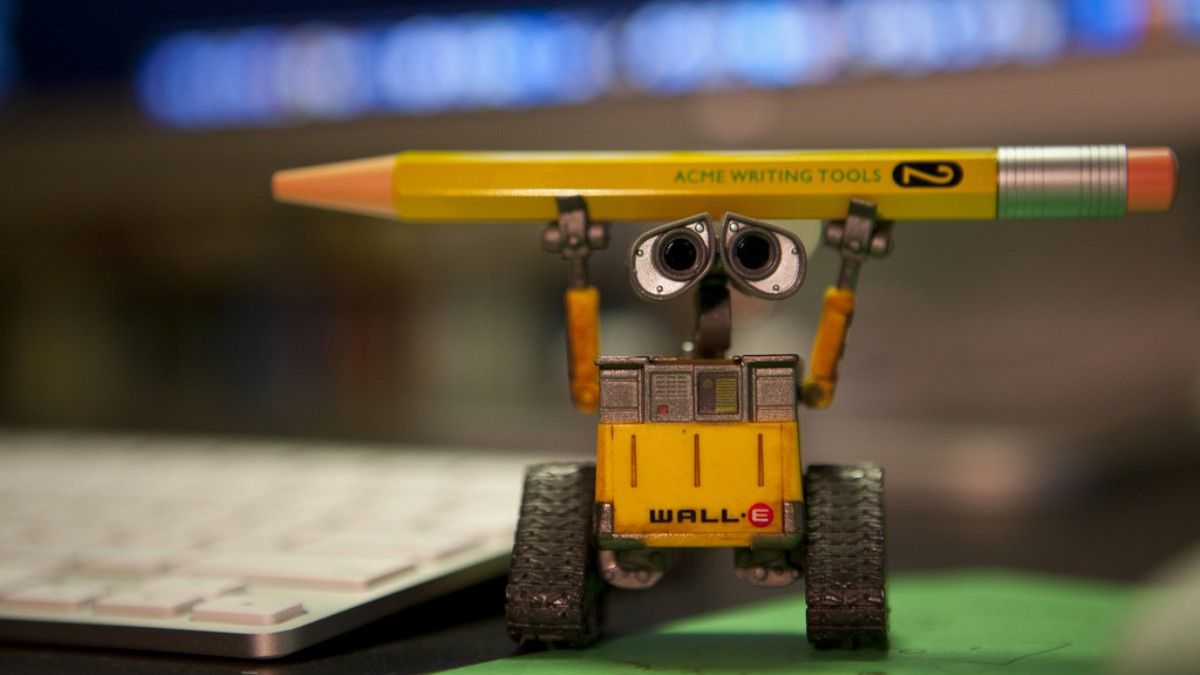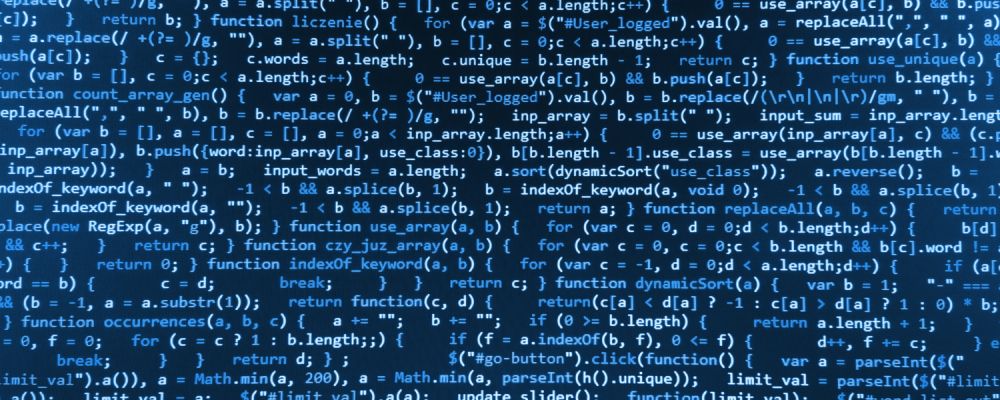These days, it’s not hard to find someone predicting that robots will take over the world and that automation could one day render human workers obsolete. The real debate is over whether or not the benefits do or do not outweigh the risks. Automation Expert and Author Dr. Daniel Berleant is one person who is more often on the side of automation.
There are many industries that are poised to be affected by the oncoming automation boom (in fact, it’s a challenge to think of one arena that will not in some minimal way be affected). “The government is actually putting quite a bit of money into robotic research for what they call ‘cooperative robotics,’” Berleant said. “Currently, you can’t work near a typical industrial robot without putting yourself in danger. As the research goes forward, the idea is (to develop) robots that become able to work with people rather than putting them in danger.”
While many view industrial robotic development as a menace to humanity, Berleant tends to focus on the areas where automation can be a benefit to society. “The civilized world is getting older and there are going to be more old people,” he said. “The thing I see happening in the next 10 or 20 years is robotic assistance to the elderly. They’re going to need help, and we can help them live vigorous lives and robotics can be a part of that.”
Berleant also believes that food production, particularly in agriculture, could benefit tremendously from automation. And that, he says, could have a positive effect on humanity on a global scale. “I think, as soon as we get robots that can take care of plants and produce food autonomously, that will really be a liberating moment for the human race,” Berleant said. “Ten years might be a little soon (for that to happen), maybe 20 years. There’s not much more than food that you need to survive and that might be a liberating moment for many poor countries.”
Berleant also cites the automation that’s present in cars, such as anti-lock brakes, self-parking ability and the nascent self-driving car industry, as just the tip of the iceberg for the future of automobiles. “We’ve got the technology now. Once that hits, and it will probably be in the next 10 years, we’ll definitely see an increase in the autonomous capabilities of these cars,” he said. “The gradual increase in intelligence in the cars is going to keep increasing and my hope is that fully autonomous cars will be commonplace within 10 years.”
Berleant says he can envision a time when the availability of fleets of on-demand, self-driving cars reduces the need for automobile ownership. Yet he’s also aware of the potential effects of that reduced car demand on the automobile manufacturing industry; however, he views the negative effect created by an increase in self-driving cars as outweighed by the potential time-saving benefits and potential improvements in safety.
“There is so much release of human potential that could occur if you don’t have to be behind the wheel for the 45 minutes or hour a day it takes people to commute,” Berleant said. “I think that would be a big benefit to society!”
His view of the potential upsides of automation doesn’t mean that Berleant is blind to the perils. The risks of greater productivity from automation, he believes, also carry plenty of weight. “Advances in software will make human workers more productive and powerful. The flipside of that is when they actually improve the productivity to the point that fewer people need to be employed,” he said. “That’s where the government would have to decide what to do about all these people that aren’t working.”
Cautious must also be taken in military AI and automation, where we have already made major progress. “The biggest jump I’ve seen (in the last 10 years) is robotic weaponry. I think military applications will continue to increase,” Berleant said. “Drones are really not that intelligent right now, but they’re very effective and any intelligence we can add to them will make them more effective.”
As we move forward into a future increasingly driven by automation, it would seem wise to invest in technologies that provide more benefits to society i.e. increased wealth, individual potential, and access to the basic necessities, and to slowly and cautiously (or not at all) develop those automated technologies that pose the greatest threat for large swaths of humanity. Berleant and other like-minded researchers seem to be calling for progressive common sense over a desire to simply prove that any automation (autonomous weapons being the current hot controversy) can be achieved.


